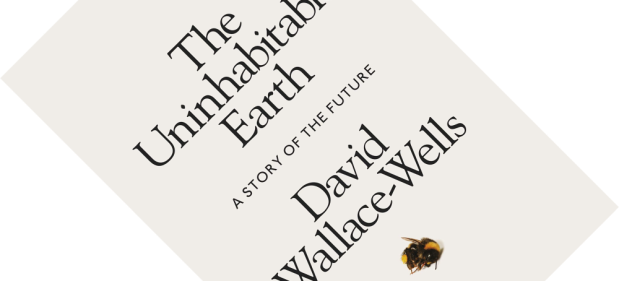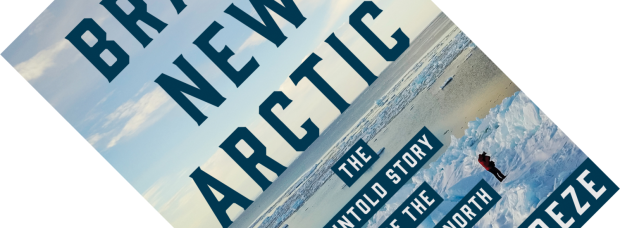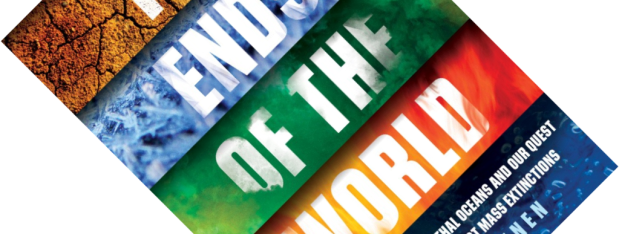“It is worse, much worse, thank you think”. With these ominous words, David Wallace-Wells, deputy editor at New York magazine, starts his no-holds-barred story of climate catastrophe. Pulling together worst-case scenario predictions, he is hell-bent on scaring the living daylight out of his readers by sketching the manifold crises that loom in our near future if we let climate change develop unchecked. He proves a poetic agitator and I admire his outspokenness – I don’t think he is alarmist, but simply saying what many scientist are silently thinking. Whether this divisive approach is helpful is another question, and one for which he has been criticised. It is a price Wallace-Wells is willing to pay, because he thinks most people are not scared enough.
methane
Book review – Life on Mars: What to Know Before We Go
Our planetary neighbour Mars has long fascinated us, and the idea of there being Martian life holds a strong grip on our collective imagination. NASA and others are becoming serious about sending people to Mars. Before we do so, astronomy professor David Weintraub would like to give you this readable history of our fascination with the Red Planet and the research that tries to answer the question: is there life on Mars? (Admit it, you were crooning that David Bowie song there).
Book review – Brave New Arctic: The Untold Story of the Melting North
You might think that with the constant presence of the subject of climate change in news stories there isn’t much left to tell. But just because a certain sense of climate-change-fatigue might have set in (which is worrying in itself), climate change has not stopped. In Brave New Arctic, geography professor Mark C. Serreze gives an eye-witness account of how the Arctic is rapidly changing, based on his more than 35 years of personal involvement. And as he shows, there certainly are stories left to tell.
Book review – The Oceans: A Deep History
So, stop me if you’ve heard this one before, but it is often said that we know more about the moon than we do about our own oceans. However, palaeo-oceanographer and climate scientist Eelco J. Rohling points out we know more than you might think. His new book, The Oceans: A Deep History, takes the reader through a 4.4-billion-year history of Earth’s oceans. Much more than just a book about water, this is foremost a book about the intimate link between our planet’s climate and its oceans, as they are far more intertwined than you might give them credit for.
Book review – The Ends of the World: Volcanic Apocalypses, Lethal Oceans and Our Quest to Understand Earth’s Past Mass Extinctions
Aaaah… the Apocalypse. Who doesn’t love Hollywood’s favourite movie trope? The spectacle, the drama, and the foreboding knowledge that – oh, spoilers – everyone dies at the end. There has been no shortage of good eschatological writing in recent years. Some books to come to mind are Erwin’s imaginatively titled Extinction, Wignall’s recent The Worst of Times, or Alvarez’s T. rex and the Crater of Doom – those pesky dinosaurs remain a popular subject. Do we really need another popular science book about mass extinctions? Given the continued developments in our understanding, and given that you get not one, not two, but all five for the price of one, I’d say yes. As far as I can tell the last comparable book was Hallam & Wignall’s 1997 Mass Extinctions and their Aftermath, published by Oxford University Press, which was a more academic treatise. So, get your bucket of popcorn ready and roll on the Apocalypse!





